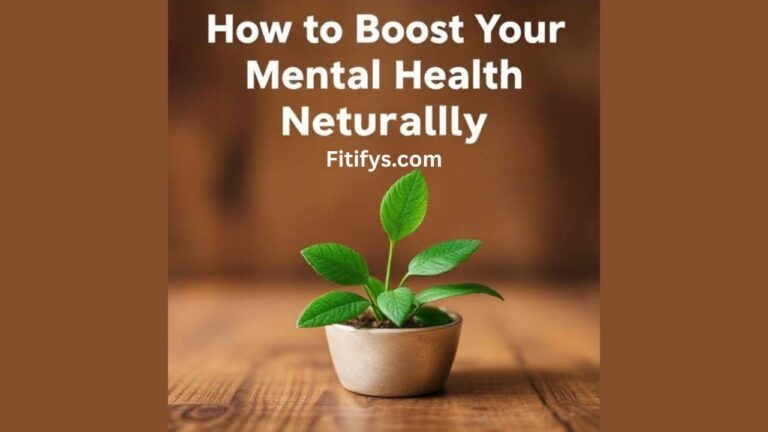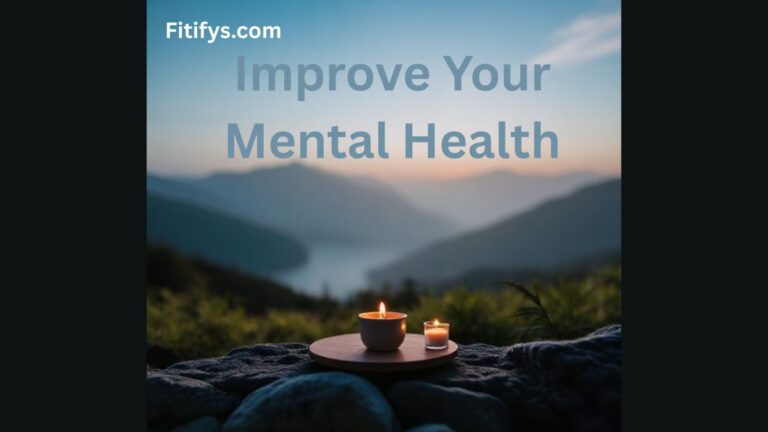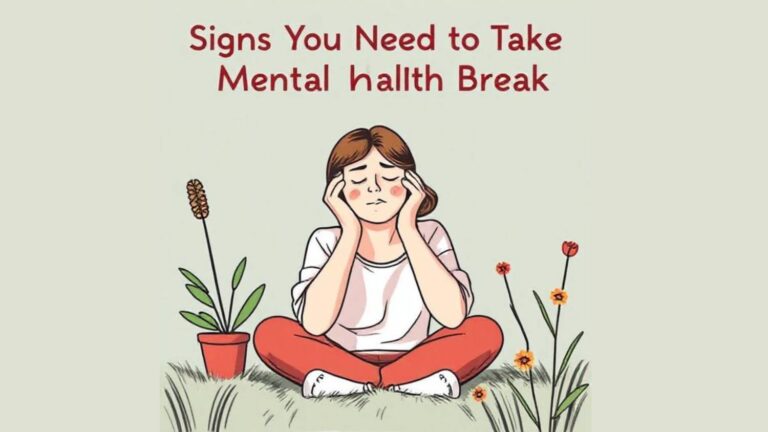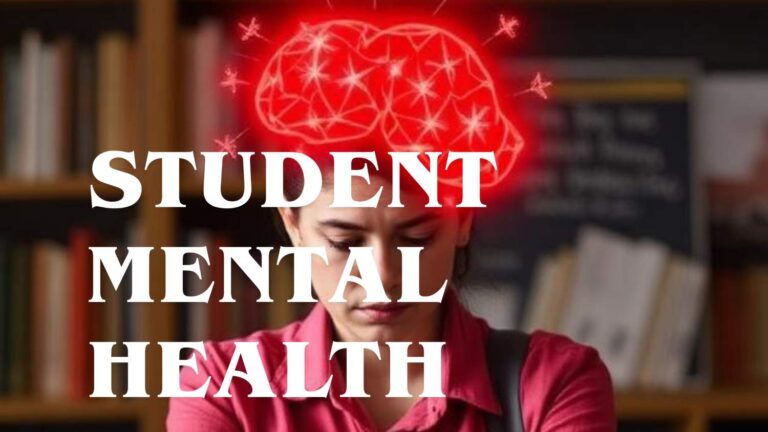What Is Mental Health? A Complete Beginner’s Guide
Mental health. It’s something we all have, yet most of us weren’t taught how to understand or take care of it. If you’ve ever felt anxious, down, overwhelmed, or emotionally stuck—you’re not alone. And more importantly, you’re not “broken.” You’re human.
This guide is for anyone just starting to explore what mental health really means. It’s simple, real, and made to help you feel more confident in taking care of your mind—just like you would your body.
What Exactly Is Mental Health?

Think of mental health as your emotional, psychological, and social well-being. It affects how you think, feel, and act. It also shapes how you handle stress, relate to others, and make choices.
In simple terms:
Mental health is how we cope with life.
Good mental health doesn’t mean you’re happy all the time. It means you can feel your feelings, handle challenges, and still move forward.
Why Mental Health Matters
Let’s face it—life throws a lot at us. Work stress, family responsibilities, social pressures, health scares, money worries… it piles up. Good mental health gives you the tools to manage all of that without falling apart.
When your mental health is in a good place, you’re more likely to:
- Sleep better
- Have stronger relationships
- Focus and perform better at work
- Make healthier choices
- Feel more in control of your life
On the flip side, poor mental health can make everything feel harder, even the small stuff like getting out of bed or answering texts.
Common Mental Health Struggles (and Signs)
Mental health challenges are more common than people think. You might not always see them on the outside, but they’re very real.
Here are a few common ones:
1. Anxiety
- Racing thoughts
- Constant worry or fear
- Physical symptoms like a fast heart rate or tight chest
2. Depression
- Low mood that lasts for weeks
- Loss of interest in things you used to enjoy
- Fatigue, trouble sleeping, or changes in appetite
3. Burnout
- Emotional exhaustion
- Feeling detached or numb
- Loss of motivation, especially from work or responsibilities
4. Low Self-Esteem
- Constant negative self-talk
- Avoiding challenges or new opportunities
- Comparing yourself to others
What Causes Mental Health Issues?
There’s no single cause. Mental health is influenced by many factors, including:
- Life experiences: trauma, grief, abuse, or ongoing stress
- Genetics: a family history of mental illness can increase risk
- Brain chemistry: imbalances in hormones and neurotransmitters
- Lifestyle: poor sleep, lack of exercise, unhealthy diet, or substance use
- Social environment: loneliness, isolation, or toxic relationships
It’s not always something you can control, but you can take steps to support your well-being.
7 Everyday Habits That Support Mental Health

Just like you brush your teeth daily, small consistent actions can protect your mental well-being.
1. Move Your Body
Exercise releases endorphins—natural mood boosters. You don’t need a gym. A walk, stretch, or dance break works wonders.
2. Get Good Sleep
Your brain heals and recharges while you sleep. Aim for 7–9 hours and stick to a regular sleep routine.
3. Eat Nourishing Food
What you eat affects how you feel. Whole foods like fruits, veggies, healthy fats, and proteins support brain function.
4. Connect with People
Human connection is powerful. Call a friend, grab coffee with someone you trust, or join a support group.
5. Practice Gratitude
Each night, write down 1–3 things you’re grateful for. It shifts focus away from stress and toward positivity.
6. Set Boundaries
Learn to say “no” to things that drain you. Protecting your time and energy is key for mental peace.
7. Talk About Your Feelings
Don’t bottle things up. Whether it’s a friend, family member, or therapist—talking helps you process and heal.
Therapy Isn’t Just for “Big Problems”
There’s still a stigma around therapy, especially for men or those raised to “tough it out.” But therapy isn’t just for people in crisis. It’s a safe space to:
- Process feelings
- Break patterns
- Learn healthy coping tools
- Heal from trauma or loss
Even one conversation with a mental health professional can make a difference.
Real Talk: You’re Not Alone
So many people quietly struggle with mental health. They show up to work, smile in photos, and say “I’m fine” even when they’re falling apart inside.
If that’s you right now, know this:
You are not weak. You are not broken. You are not alone.
And most importantly—you can feel better.
When to Get Help
Sometimes you need more than self-care. That’s OK. Here are signs you might want to reach out for professional support:
- You’ve felt sad, anxious, or numb for more than two weeks
- You’re having trouble functioning at work or home
- You’re using substances to cope
- You’ve lost interest in life
- You’re having thoughts of self-harm
Getting help doesn’t mean you’ve failed—it means you’re brave enough to take care of yourself.
Final Thoughts
Mental health is just as important as physical health—maybe even more. You don’t have to be perfect. You don’t need to have it all figured out. But understanding and caring for your mental health is one of the best gifts you can give yourself.
Start small. Be kind to yourself. And remember: you are allowed to feel, to rest, to grow, and to ask for help when you need it.
3 FAQs About Mental Health
Q1: Can mental health improve without therapy or medication?
Yes! Small daily habits like exercise, journaling, good sleep, and healthy social connections can improve your mental well-being. But if symptoms persist, professional support can make a huge difference.
Q2: Is feeling anxious or sad sometimes normal?
Totally. Life comes with ups and downs. It’s when those feelings don’t go away or start to interfere with daily life that it might be time to seek help.
Q3: How do I start therapy if I’ve never done it before?
You can start by asking your doctor for a referral, searching online platforms like Better Help or Talk space, or checking local mental health centers. It’s normal to feel nervous at first—go at your own pace.







